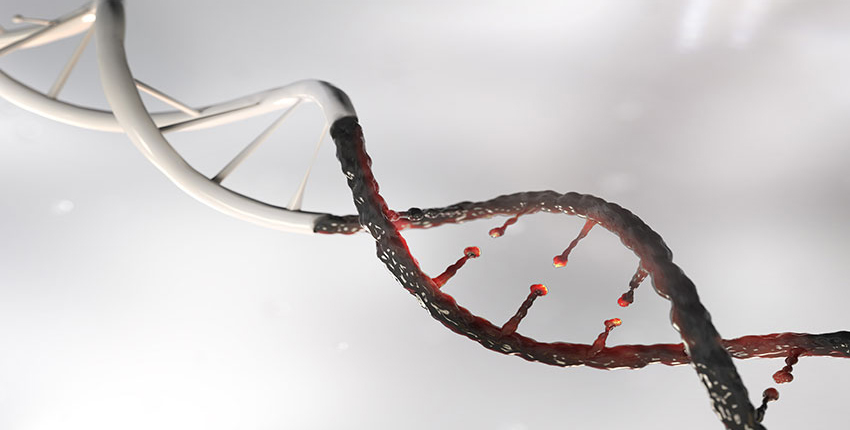
Medications known as PARP inhibitors have emerged as a promising therapy for several forms of cancer fueled by a defect in the cells’ DNA repair machinery.
Yet many people with cancers caused by the defect, known as HR deficiency, who stand to benefit from PARP inhibitors, remain unidentified because standard genetic panels used in the clinic do not reliably detect the cancer-causing HR deficiency.
Now, scientists from Harvard Medical School have designed an algorithm that can successfully “read” the molecular signature of the cancer-driving defect and identify patients who could benefit from treatment with PARP inhibitors.
If incorporated into standard gene panel tests, the researchers said, the algorithm could expand greatly the pool of patients who stand to benefit from PARP-inhibitor therapy but currently are not getting it.
A report on the work is published April 15 in Nature Genetics.
“Pinpointing actionable genetic biomarkers and treating patients with drugs that specifically target the relevant cancer-driving pathways is at the heart of precision medicine. We believe our algorithm can greatly enhance physicians’ ability to deliver such individualized therapy,” said study senior author Peter Park, professor of biomedical informatics in the Blavatnik Institute at HMS.
Continue reading article in Harvard Medical School News
Also See
AI Test Pinpoints More Cancers Targeted by Astra, Glaxo Drugs — Bloomberg